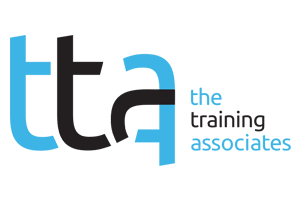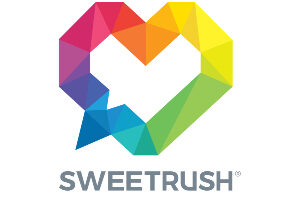We know the first few weeks and months in a new organization set the stage for an employee’s entire experience. While traditional onboarding focuses on policies and procedures, a crucial element often overlooked is cultivating self-awareness in new hires. This can empower them to navigate the unknown, adapt effectively, and ultimately, thrive in their new roles.
Why Self-Awareness is Important During Onboarding
- Enhanced engagement: Understanding individual values, strengths and learning styles can allow you to tailor onboarding experiences, fostering higher engagement and a sense of belonging.
- Proactive development: Self-aware individuals readily identify skills gaps and seek growth opportunities, aligning their personal aspirations with company goals.
- Effective communication: Recognizing communication preferences can enable new hires to express themselves clearly, manage reactions constructively and build collaborative relationships.
- Reduced risk of burnout: Recognizing personal limits and managing stress can help new hires adapt to the pace of work, leading to increased well-being and resilience.
How to integrate self-awareness into your onboarding process.
- Pre-boarding exploration: Send pre-boarding surveys or activities that encourage self-reflection on values, strengths, communication styles and learning preferences.
- Authentic introduction: Facilitate icebreakers and team-building activities that encourage genuine self-expression and foster connections.
- Strengths-based training: Design training programs that leverage individual strengths and offer learning styles-based resources.
- Active feedback cycles: Create opportunities for regular feedback exchange — both formal and informal — to help new hires identify areas of growth.
- Mentorship: Connect new hires with mentors who can provide guidance, share their experiences and help navigate company culture.
- Focus on emotional intelligence: Offer workshops or resources on emotional intelligence development, equipping new hires to manage their emotions and build strong relationships.
- Personal goal setting: Support new hires in setting SMART goals aligning their personal ambitions with company objectives, fostering a sense of purpose and direction.
- Continuous learning: Encourage and provide opportunities for continuous learning through internal training programs, access to external resources and participation in industry events.
Remember, fostering self-awareness is an ongoing process. By integrating these practices, you can empower new hires to take ownership of their development, embrace challenges and become valuable assets to your team. This not only increases retention and engagement but also fosters a culture of learning and growth within your organization.
Additional Tips:
- Partner with the learning and development (L&D) team to create self-awareness focused onboarding modules.
- Leverage technology to personalize onboarding experiences based on individual feedback and preferences.
- Track the impact of self-awareness practices on employee engagement, retention and performance.
- Remember, everyone is unique and different. Customization may be a key to unlock maximum results.
Invest in your onboarding process and nurture self-awareness to create a foundation for employee success and organizational growth. Let’s empower all new hires to become their best selves, one self-aware step at a time.




